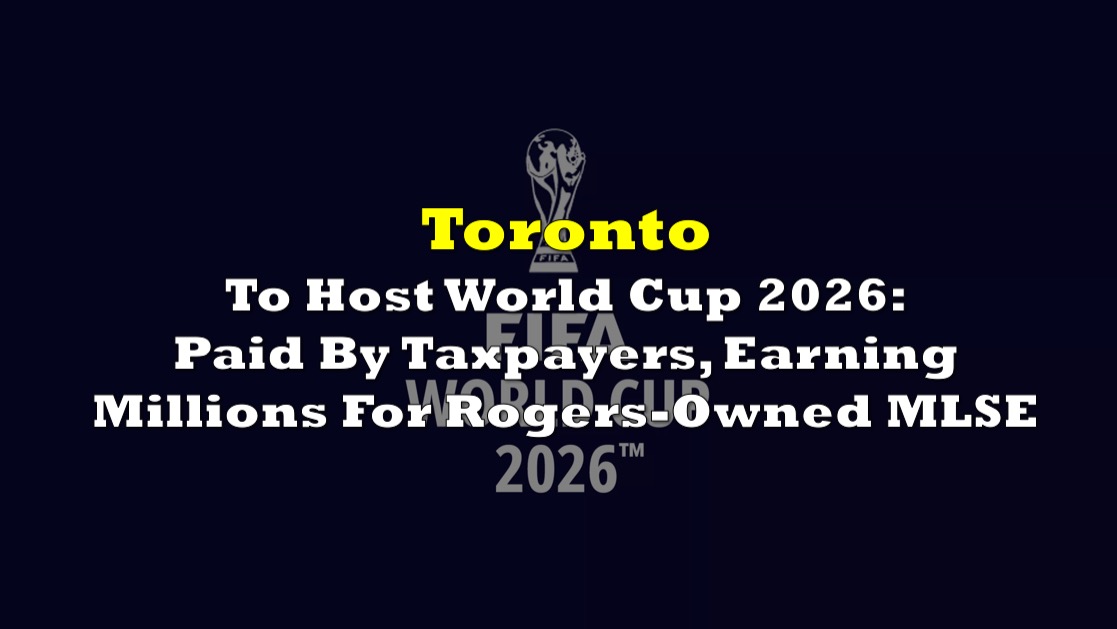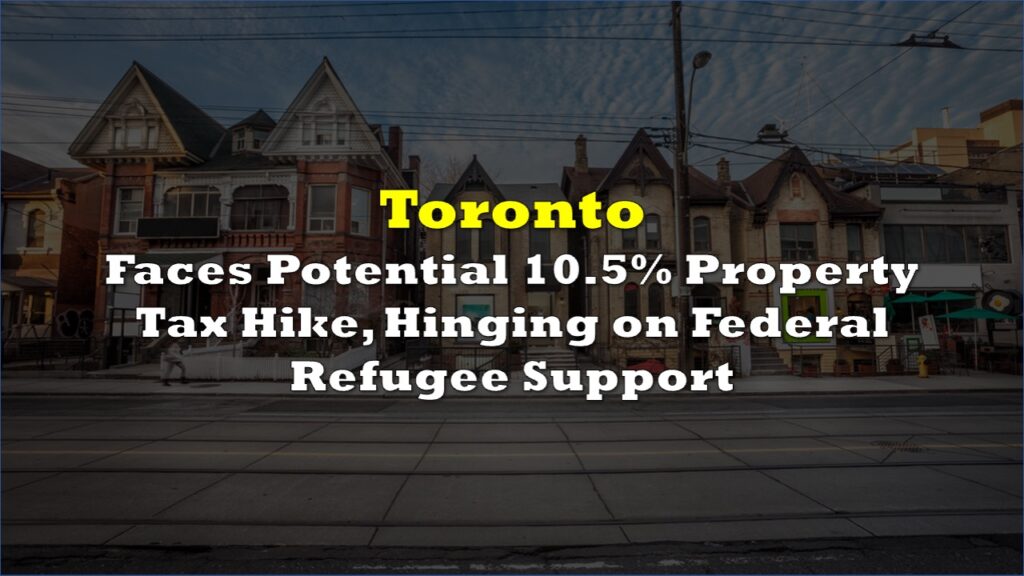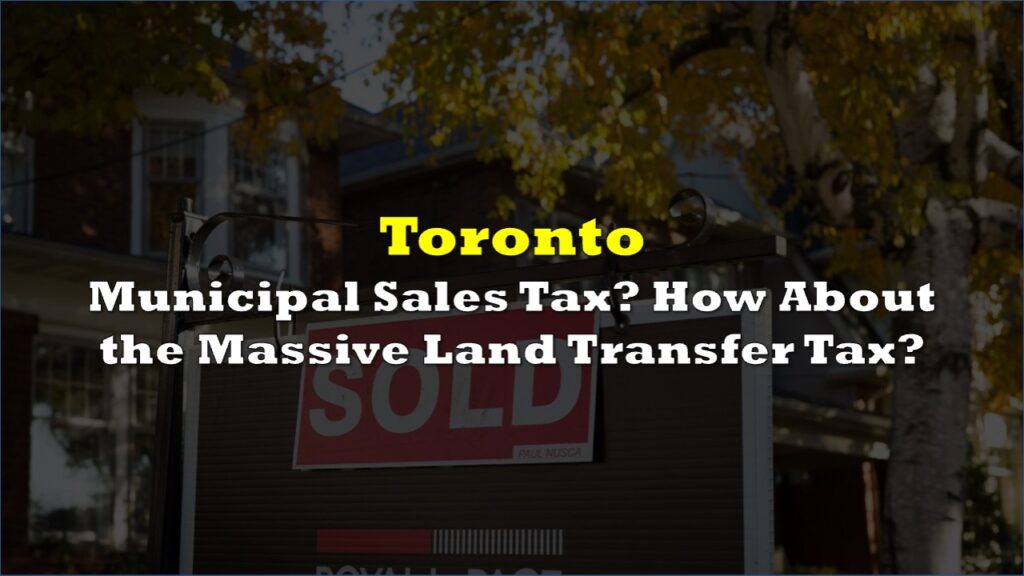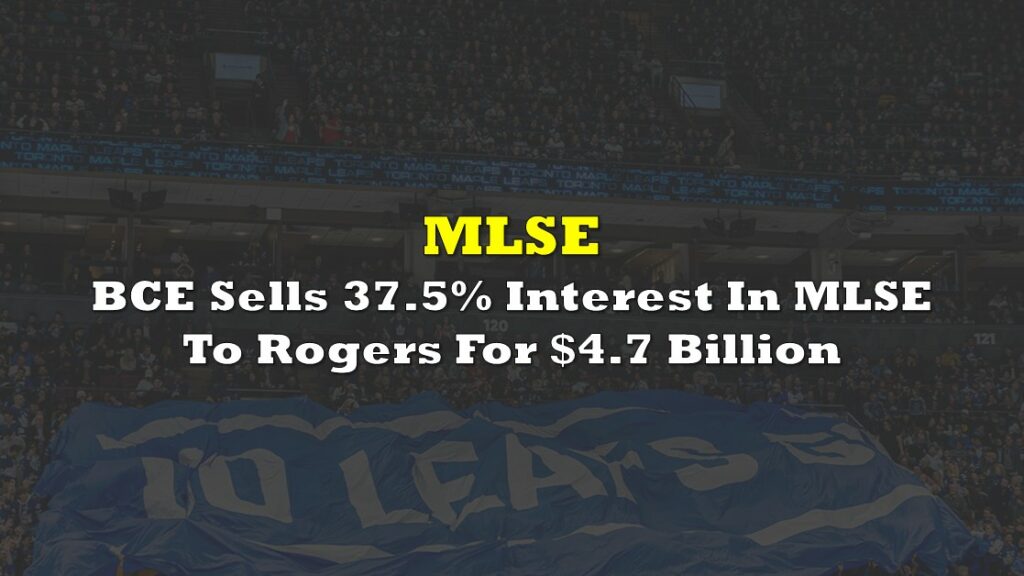The City of Toronto will foot the tab for the FIFA World Cup, but its partner Maple Leaf Sports & Entertainment (MLSE) looks to profit handsomely from hosting global competition.
In a statement of intent obtained by CTV News Toronto on Feb. 10, the city stated that MLSE will be kept “whole” in the lead-up to, and execution of, the 2026 tournament, including reimbursing the sports and real estate firm for BMO Field enhancements and any missed earnings.
According to the document, net revenue earned by the games, at least five of which are scheduled to be held in Toronto, will be split between MLSE and the city up to a maximum of $10 million. Any additional funds will be shared 60/40 in favor of the city.
While MLSE will handle the projected $25-million taxpayer-funded project of modernizing BMO Field, where 17,750 temporary seats must be installed to meet FIFA’s 45,000-seat requirement, the corporation will not be held liable for any expenditures incurred due to construction issues.
The letter states that taxpayers will pay for stadium enhancements and other hosting costs, while MLSE will be reimbursed for any lost revenue or expenditures incurred, including temporarily transferring its Canadian Football League and Major League Soccer franchises from BMO Field.
Toronto will also be liable for any penalties levied on MLSE by its suppliers or sponsors if FIFA, soccer’s world governing body, orders that they not be used at the event.
MLSE, which owns the Toronto Maple Leafs, Toronto Raptors, and Toronto FC, is largely owned by Bell and Rogers, although Larry Tanenbaum controls 25% of the corporation through Kilmer Sports Inc.
The sweetheart deal with Rogers owned MLSE was signed February 10, six days before John Tory resigned. Taxpayers could be on the hook for hundreds of millions.
— Cañada Record 🪙 (@CanadaRecord) April 12, 2023
Is it time for the RCMP to be called in? https://t.co/WkOpZg0IjH
For its part, MLSE stated that it intends to only recover the operational costs associated with bringing the stadium up to FIFA standards, but will divide the cash produced by sponsoring the event with the city.
“MLSE looks forward to continuing its work with the city to welcome the world to Toronto in 2026 and produce what promises to be one of the most defining events in Toronto’s history,” a spokesperson told CTV News Toronto.
In defense, the city claims the agreement protects the public interest and is warranted because MLSE has the “unique mix of roles and expertise” essential to make the tournament a success. The World Cup is expected to produce thousands of employment opportunities and $307 million in gross domestic product in Toronto.
A good deal?
Last June, Toronto was picked as one of the host cities for the next World Cup, which will be held jointly by Canada, the United States, and Mexico. After several weeks, the council allowed city officials to negotiate a contract with MLSE to deliver the event.
Former Toronto Mayor John Tory defended the cost of hosting the world event, projected to be approximately $300 million, saying it will “put Toronto on the map.” However, FIFA has since expanded the tournament from an 80- to a 104-game format.
The letter of intent recently disclosed was signed by the city on February 10, six days before Tory resigned.
Coun. Paula Fletcher recently said in an interview that the agreement in principle “must have been in the fine print.”
“We are a city that is very much in debt,” she said. “I don’t know how we’re going to take on another FIFA debt.”
Coun. Gord Perks also stated that the city should not be spending public funds on a sporting event when it is in the midst of a budget crisis and an affordability problem.
“I see it as a private enterprise very typically asking government to take all the risk, and at the same time asking for a share of the profits, and that worries me,” said Perks
The city is already facing a $933 million gap in its 2023 budget, and hopes that the federal government would contribute $235 million in cash to mitigate 2022 COVID-19 losses have gone unanswered.
For hosting the event with an apparent tag price of $300 million, Toronto stands to gain via $307 million in GDP, the creation of 3,300 jobs, and the attraction of 174,000 overnight guests.
When asked why the city will not receive a larger share of the net revenue generated by the World Cup, Deputy Mayor Jennifer McKelvie responded, “it’s important that we work with our sports and entertainment industries.”
Toronto is expecting the federal and provincial governments to contribute, but neither Ottawa nor Queen’s Park has made a promise.
Information for this briefing was found via Toronto Star, CTV News, and the sources mentioned. The author has no securities or affiliations related to this organization. Not a recommendation to buy or sell. Always do additional research and consult a professional before purchasing a security. The author holds no licenses.









